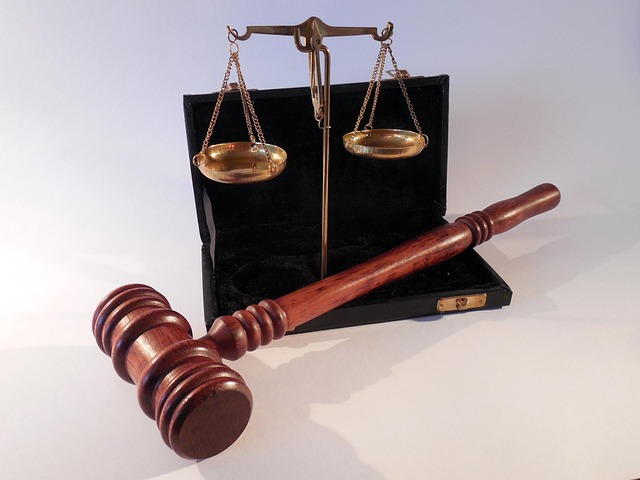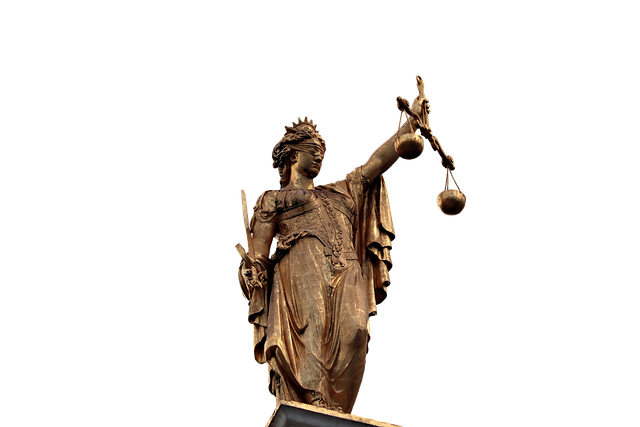Securities class actions, as seen through libel case examples in civil court, empower investors to hold companies accountable for fraudulent or misleading practices related to stocks and bonds. These collective legal frameworks protect investors from significant losses caused by misrepresented financial information. Key considerations include defining a suitable class of affected individuals, well-supported allegations, demonstrable damages, and potential comprehensive relief. Recent cases highlight the intricate interplay between free speech protections and liability, with outcomes shaping investment law and market integrity. Favorable verdicts strengthen investor protections, encourage better corporate governance, and deter future fraudulent activities, fostering fairness in the investment landscape.
Securities class actions play a pivotal role in protecting investors’ rights, ensuring corporate accountability, and upholding fair market practices. This comprehensive guide delves into the intricate world of these legal battles, offering an in-depth look at the U.S. legal framework governing securities class actions. We explore key elements required to file a successful suit, drawing from notable libel case studies in civil courts as real-world examples. Furthermore, we analyze the profound implications and impact of these cases on shaping investment law and investor protections.
- Understanding Securities Class Actions: An Overview of Legal Framework
- Key Elements and Requirements for Filing a Class Action Suit
- Real-World Examples: Notable Libel Case Studies in Civil Court
- Implications and Impact: How These Cases Shape Investment Law
Understanding Securities Class Actions: An Overview of Legal Framework
Securities Class Actions involve a group of investors joining forces to sue a company and its officers for violations of federal or state securities laws. This legal framework is designed to protect investors from fraudulent or misleading practices in the sale of securities, such as stocks and bonds. When a company misrepresents material facts about its financial health or future prospects, it can lead to significant losses for investors. Class actions provide a mechanism for these investors to band together and seek collective redress.
Understanding the legal framework behind securities class actions is crucial when considering potential libel case examples in civil court. These cases often involve high-stakes disputes where large sums of money are at stake. The respective business practices and the truthfulness of the statements made by companies play a pivotal role in determining winning challenging defense verdicts. By examining previous cases, investors and legal professionals can gain insights into how courts interpret securities laws and the standards required for successful class action lawsuits.
Key Elements and Requirements for Filing a Class Action Suit
When considering a Class Action Suit, understanding key elements and requirements is paramount. Unlike a libel case in the civil court, which focuses on damages for reputational harm, class action suits involve collective legal actions taken by a group of individuals to redress grievances against an entity. The first step is to establish a proper class, where members share common interests and experiences, such as investors affected by corporate misconduct.
Central to the filing process are several crucial factors: well-pleaded allegations supporting the claim, a showing of damages suffered by each class member, and the feasibility of providing adequate relief on a class-wide basis. The suit must also navigate all stages of the investigative and enforcement process, balancing the needs of general criminal defense for the defendant against the rights of corporate and individual clients within the class. Key examples include cases involving securities fraud, where investors unite to seek compensation for losses incurred due to deceptive practices.
Real-World Examples: Notable Libel Case Studies in Civil Court
In recent years, several libel case examples in civil court have garnered significant attention, demonstrating the complexities and high-stakes nature of securities class actions. One notable instance involves a company accused of making false statements about its financial health, leading to substantial market losses for investors. Despite the challenging allegations, the defense team mounted a robust strategy, ultimately securing a winning verdict that sent a clear message across the country: companies must uphold their duties in providing accurate information.
Another compelling libel case study involves a well-known investor relations firm accused of defaming a rival company through malicious and false communications. This high-stakes case showcased the importance of freedom of speech protections while also highlighting the potential consequences of reckless or fraudulent statements. The outcome, with its focus on fact-finding and the need for stringent evidence, offers valuable insights into navigating winning challenging defense verdicts in the realm of securities litigation, especially in cases that span across the country.
Implications and Impact: How These Cases Shape Investment Law
Securities class actions have profound implications for investment law. When a libel case examples in civil court results in a ruling favorable to investors, it sets important precedents that shape future legal strategies and regulatory practices. Such cases often lead to substantial settlements or even the complete dismissal of all charges against companies and individuals involved, reflecting the significant impact these actions can have on market integrity.
Moreover, winning challenging defense verdicts in securities class actions sends a strong message about accountability and transparency in financial markets. This encourages better corporate governance practices and strengthens investor protection mechanisms. The outcomes of these cases not only provide relief to aggrieved investors but also act as a general criminal defense against fraudulent activities by deterring similar misconduct in the future, ultimately fostering a fairer investment landscape.
Securities class actions play a pivotal role in shaping investment law and protecting investors’ rights. By understanding the legal framework, key requirements, and real-world examples like notable libel case studies in civil court, we can appreciate their profound implications. These cases not only resolve disputes but also serve as powerful tools for enhancing corporate governance and accountability. Through careful navigation of class action suits, investors can seek justice and ensure a fair and transparent investment landscape.






